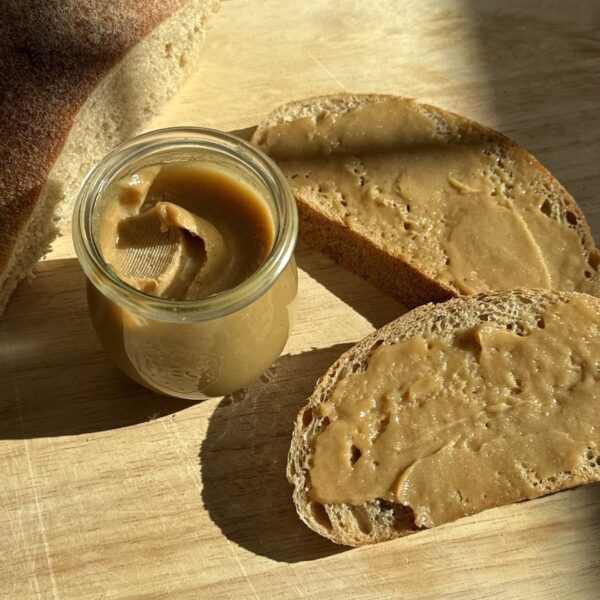When it comes to dropping a few lbs, things can get very nuanced. For some, it’s a few vanity pounds to fit into those old favorite jeans again. For others, it’s a crucial step on a path to longevity. Regardless of one’s reason though, it’s rarely ever easy.
Since we all gain weight for such different reasons, it’s not so cut and dry about how to keep pounds off. That’s why we spoke to several of our favorite experts to gain some perspective on the best approach.
Keep Your Blood Sugar in Check
Dr. Simone Laubscher, naturopathic nutritionist and co-founder of WelleCo, knows that cravings are especially difficult during this time of quarantine. “The key to combat these cravings and comfort behaviors is to vigilantly keep your blood sugar levels balanced. When you eat or drink foods with a high GI (glycemic index), this feeds the bad bacteria in your gut and makes you want to eat more junk. By choosing foods with a lower GI, you are in a safe zone and will feel mentally and physically strong.”
But it’s not just about eating foods lower in sugary GI. “The goal is to eat clean most of the time (it’s OK to treat yourself every once in a while) to reduce the acidic toxic waste buildup. I recommend mainly eating a plant-based diet with wild fish and getting your essential fats from nuts, seeds, and avocados so that you feel full. Fiber is also key, because as a prebiotic, it too feeds your good bacteria. This makes you crave healthy foods, and it reduces appetite.”
In Ayurveda, your agni, aka digestive fire, is what helps you absorb nutrients and keeps your food moving so that you use it as energy, instead of it being stored or becoming stagnant. Sahara Rose, Ayurvedic nutrition expert and best-selling author, shares how to keep the fire burning.
“In Ayurveda, weight gain is related to excess of Kapha (Earth) Dosha. This makes us feel heavy, lethargic, and like no matter what we eat, we’re gaining body fat. To bring Kapha back into balance, I recommend eating more bitter vegetables, particularly leafy greens, brussels sprouts, asparagus, and fresh herbs. Incorporate more spices in your diet to stimulate your metabolism, curb cravings, and balance your blood sugar, like turmeric, ginger, cumin, cinnamon, and cardamom.”
Consider Intermittent Fasting
Amanda Tress, Certified Nutrition Coach, personal trainer, CEO, and creator of FASTer Way To Fat Loss, is a big fan of training your body to burn fat instead of sugar for energy.
“When your body uses sugar as energy, you get hungry faster, and your body retains the fat, including around your midsection. When your body burns fat, however, your energy levels are more consistent, and you can spend more time between meals before hunger kicks in again, which is helpful for losing weight.”
To help your body burn fat instead of sugar, try being a little strategic with your caloric intake window. “I usually advise my clients to try the 16/8 protocol, meaning you eat all meals within an 8-hour window and fast for the other 16. The easiest way to do this is to skip breakfast and stick with lunch and dinner. To be clear, IF is not about undereating or dieting. You should still be consuming enough calories to fuel your body, but the idea is that limiting calorie intake to specific windows in turn lowers your insulin, which allows your body to burn body fat for energy instead and ultimately help lose weight.”
Tress also points out that “when you do the same exercises all the time, your body gets used to the routine and doesn’t have to work as hard, hindering weight-loss progress. To prevent a plateau, mix up your workout routine to keep your muscles challenged and dynamic.”
Poosh Edit: Popular Items:

The content provided in this article is provided for information purposes only and is not a substitute for professional advice and consultation, including professional medical advice and consultation; it is provided with the understanding that Poosh, LLC (“Poosh”) is not engaged in the provision or rendering of medical advice or services. The opinions and content included in the article are the views of the interviewee only, and Poosh does not endorse or recommend any such content or information, or any product or service mentioned in the article. You understand and agree that Poosh shall not be liable for any claim, loss, or damage arising out of the use of, or reliance upon any content or information in the article.
Up next, be the first to know our weekly content and sign up for our Poosh newsletter.



































